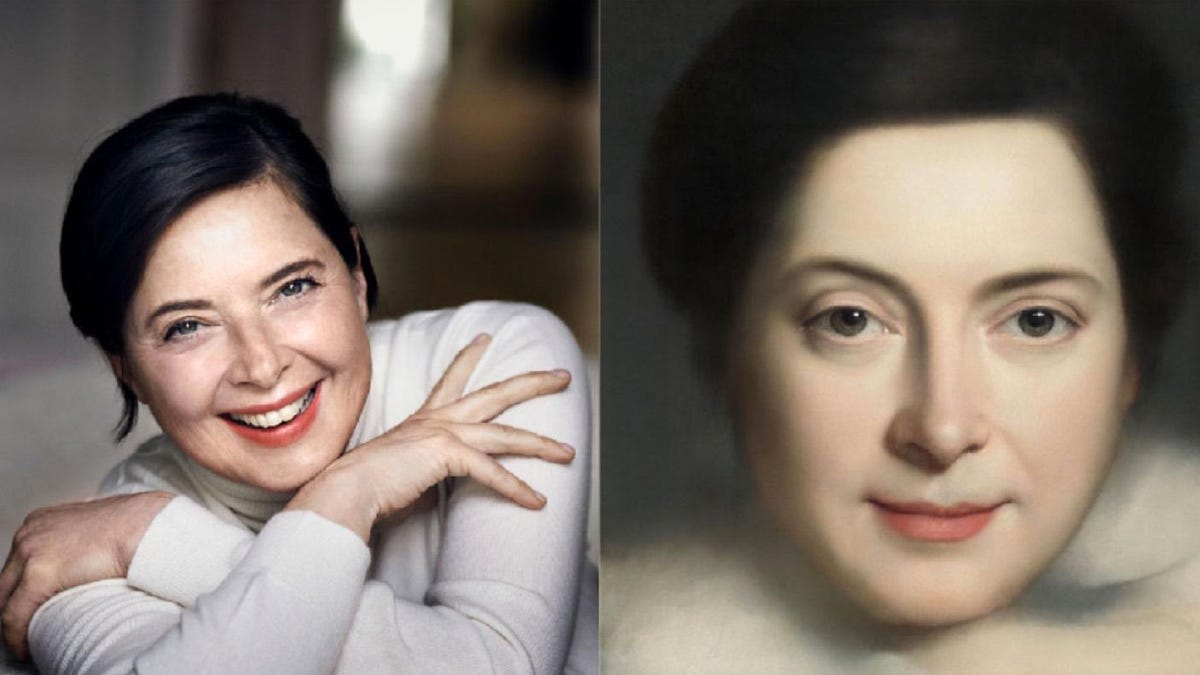Forget FaceApp -- now you can turn your selfie into a classical painting
The website promises it handles your privacy chivalrously.

The website generates a painting from your selfie.
The dust hasn't quite settled from the FaceApp privacy debacle and yet a new selfie-alteration trend could be on the rise. AI Portrait Ars was built by researchers at the MIT-IBM Watson AI Lab and it can turn your selfie into a museum-worthy classical portrait.
The website uses AI to reproduce "artistic human portraits" in different styles. The researchers loaded tens of thousands of paintings from the Early Renaissance to contemporary art to help train the Generative Adversarial Network (GAN) models. AI Portrait Ars says GANs are a popular class of deep generative models.
The site says it has no other motives but to teach its users about art.
"Your photos are sent to our servers to generate portraits. We won't use data from your photos for any other purpose and we'll immediately delete them," the site said in a privacy blurb.
That's different than the AI-based FaceApp tool that lets you augment your own or someone else's face to look old. Amid privacy concerns, FaceApp said while most of its photos are deleted within 48 hours of upload, it transfers photos that have been selected to the cloud and might store an uploaded photo in the cloud for better performance.
But don't look to Portrait AI Ars to replicate your great smile in its portraits: "Portrait masters rarely paint smiling people because smiles and laughter were commonly associated with a more comic aspect of genre painting, and because the display of such an overt expression as smiling can seem to distort the face of the sitter. This inability of artificial intelligence to reproduce our smiles is teaching us something about the history of art," it said on its site.
The researchers weren't immediately available for comment.

